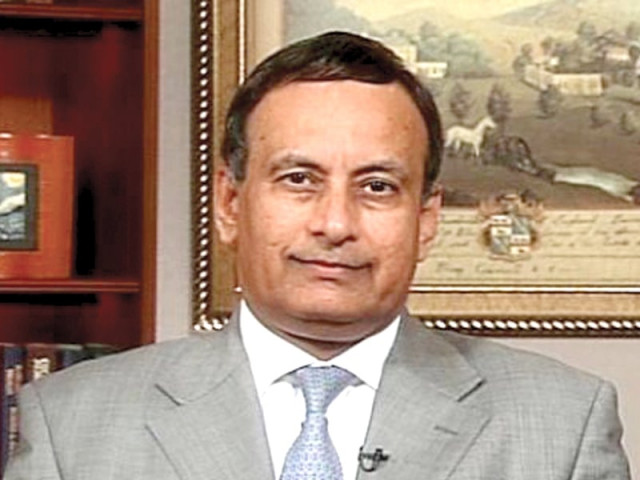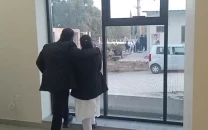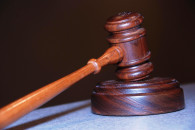Memogate: Haqqani restates case for video conference testimony
Information pertaining to the Secret Services Expenditure also submitted in a sealed envelope.

Memogate: Haqqani restates case for video conference testimony
In a written statement issued by Haqqani on the eve of the Judicial Commission resuming its proceedings after a weeklong recess, Haqqani restated his arguments that he was undergoing treatment at the Advanced Cardiology Centre in Washington. And that his health did not allow him to undertake long, exacting flights, such as the one from Washington to Pakistan.
He added that apart from his health, he also faced threats against his life, a fear which Haqqani said has been communicated to the Attorney General of Pakistan. “I informed the respected Attorney General of Pakistan about threats to my person emanating from Pakistan through an email, while the US Federal Bureau of Investigations (FBI) is also conducting an inquiry into such threats,” he said.
The former ambassador further claimed that he had written a letter to the Chief Justice of the Supreme Court of Pakistan, who had subsequently submitted it to the judicial commission.”
Explaining his reasons for not coming to Pakistan, Haqqani stated that the stress of travelling along with the strain on his health was compounded by the threat he faced. In such circumstances, he argued, a visit to Pakistan would seriously impact his health adversely. Additionally he faces the threat of assassination, or at least physical harm.
The court had earlier rejected Haqqani’s arguments that he faced ‘credible’ threat to his life, and request for video conferencing as equal treatment.
Equal treatment
Haqqani, who has been calling for equal treatment, restated his case for being allowed to record his testimony via video conference.
The former ambassador's initial request had been rejected by the commission. Haqqani had filed a petition in the Supreme Court, requesting that he should be allowed to present his testimony via a video link, a facility extended to Mansoor Ijaz, the chief proponent of the case. The Supreme Court, however, referred the petition to the commission probing the matter. On April 26, the commission headed by Justice Faez Issa rejected the petition, directing Haqqani to honour his undertaking for leaving the country and appear before the bench.
In his reply, due to be submitted to the commission on Thursday, Haqqani contended that the commission had “altered the circumstances under which that undertaking [to appear before the court on four days notice] was given by allowing Mansoor Ijaz to record his statement by video conference several days after the Supreme Court’s order of January 30.”
The former ambassador went on to say that if the commission had made it clear that such an option would be made available to Mansoor Ijaz while seeking extension of its mandate on January 30, 2012, I would not have given the undertaking and would have sought equal treatment right then.”
Haqqani submits secret fund, property details
Following the Judicial Commission’s order to submit details of the properties owned by the former ambassador in the US and utilisation of the secret fund made available to him as the ambassador of Pakistan to the US, Haqqani submitted the relevant details, the latter of which in a sealed envelope.
Haqqani said that he owned a single flat in Washington, which he had procured along with his wife on mortgage in 2004, when he worked as a professor at the Boston University. He added that this remained the sole property he had procured in the United States, and no assets were procured during his time as Pakistan’s envoy.
He also submitted information relating to the use of Secret Service Expenditure in a sealed envelope. However, Haqqani termed it a frivolous demand of the counsel for garnering media attention. He added that the demand carried utter disregard of its implications for the conduct of Pakistan’s foreign relations, national security and the Secret Service Expenditure rules.
The full statement can be read here.



















COMMENTS
Comments are moderated and generally will be posted if they are on-topic and not abusive.
For more information, please see our Comments FAQ